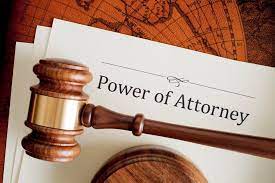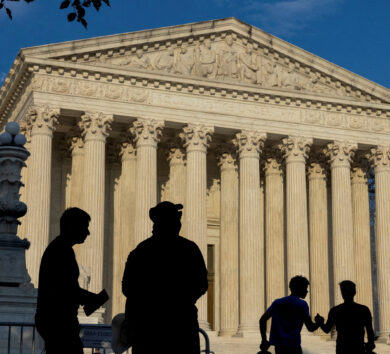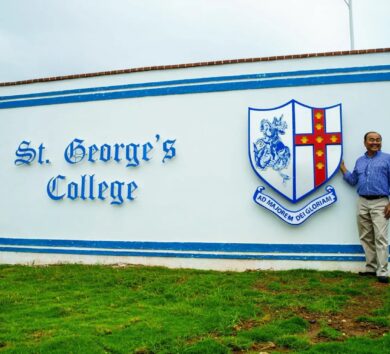

Power of Attorney is a special kind of legal document that allows for a person to give power to another person to act on their behalf in certain matters. The person granting the power is called the donor and the person they choose to act on their behalf is known as an appointee/attorney. To avoid confusion with attorneys-at-law, let us use the former.
Usually, the donor is living in another country and wishes to have some business conducted in Jamaica in their stead. However, in a lot of cases, the donor may be physically or mentally incapable of conducting all their relevant business and wishes to have someone do it on their behalf.
An important point to note is that the Power Of Attorney is not a will. Therefore, whomever the appointee is, their power lasts during the lifetime of the donor and they cannot continue to conduct business on behalf of the donor after the latter dies. That job is given to an executor of the will or an administrator of the estate. The powers vested in a Power of Attorney dies with the donor.
Another important factor is that a Power of Attorney can take different forms. For example, it may be general, which would allow the appointee to conduct any type of transaction in the name of the donor. There could also be a limited Power of Attorney, which allows for the appointee to conduct a very specific type of business.

So, for example, a limited Power of Attorney would be if the donor gave the appointee power to conduct all business necessary for the purchase of a specific property. The appointee would not be allowed, therefore, to make changes to existing property or purchase or sell any other asset on behalf of the donor.
Their powers would terminate with the end of that specific task. The Power of Attorney may still be limited even if it does not concern just one task, insofar as there are specific tasks that are allowed and other tasks that are not covered in the powers.
In other words, the limited Power of Attorney could restrict the appointee to one particular task, say managing a rental property, and give no other powers for any other transaction or business.

The act of managing the property might be ongoing, but no other business can be conducted by that appointee under that Power of Attorney.
There is also something known as a springing Power of Attorney, where the appointee’s powers will take effect on the occurrence of a specific event, such as a mental or physical incapacity. This kind of Power of Attorney is useful as it allows the donor to make an informed decision about their affairs before the intervening act takes place, which could render them incapable of making that decision.
This also would ensure that the donor’s affairs can be handled seamlessly without having to make an appointment of an appointee during their incapacity, should it occur.
There is no specific legislation in Jamaica that handles the Power of Attorney, but there are guidelines on how they are to be executed for it to be valid.
Firstly, the document should be drafted by the donor and reviewed by a legal practitioner for accuracy. This is also to ensure that the document has its desired effect with the use of the relevant language. The document needs to clearly state the names of all involved, the parameters, and the expiry date of the powers.
Both the donor and appointee need to sign the document and have their signatures verified by a Justice of the Peace or Notary Public, who also needs to affix their official seal to the document.
The document also needs to be stamped by the Tax Office and the relevant Stamp Duty paid. Finally, the document needs to be taken to the Registrar General’s Department for an assessment of registration fees, which would need to be paid so the document can be officially registered. Once registered, the document can be picked up from the RGD.
The Power of Attorney is then valid from the date of the registration until the task to be undertaken is completed or the donor dies.
It is also important to note that the donor has the power to withdraw the Power of Attorney at any point prior to its expiry. The donor enacts the revocation by drafting a revocation document and putting it through the same process outlined for Powers of Attorney. Once registered, the donor must give written notice to the appointee about the revocation of their powers.
It is important to ensure the appointee is a trusted person and that you get strong legal advice as to the consequences, but granting a Power of Attorney can be important to consider if one’s ability to conduct their business themselves is compromised in some way.






Comments